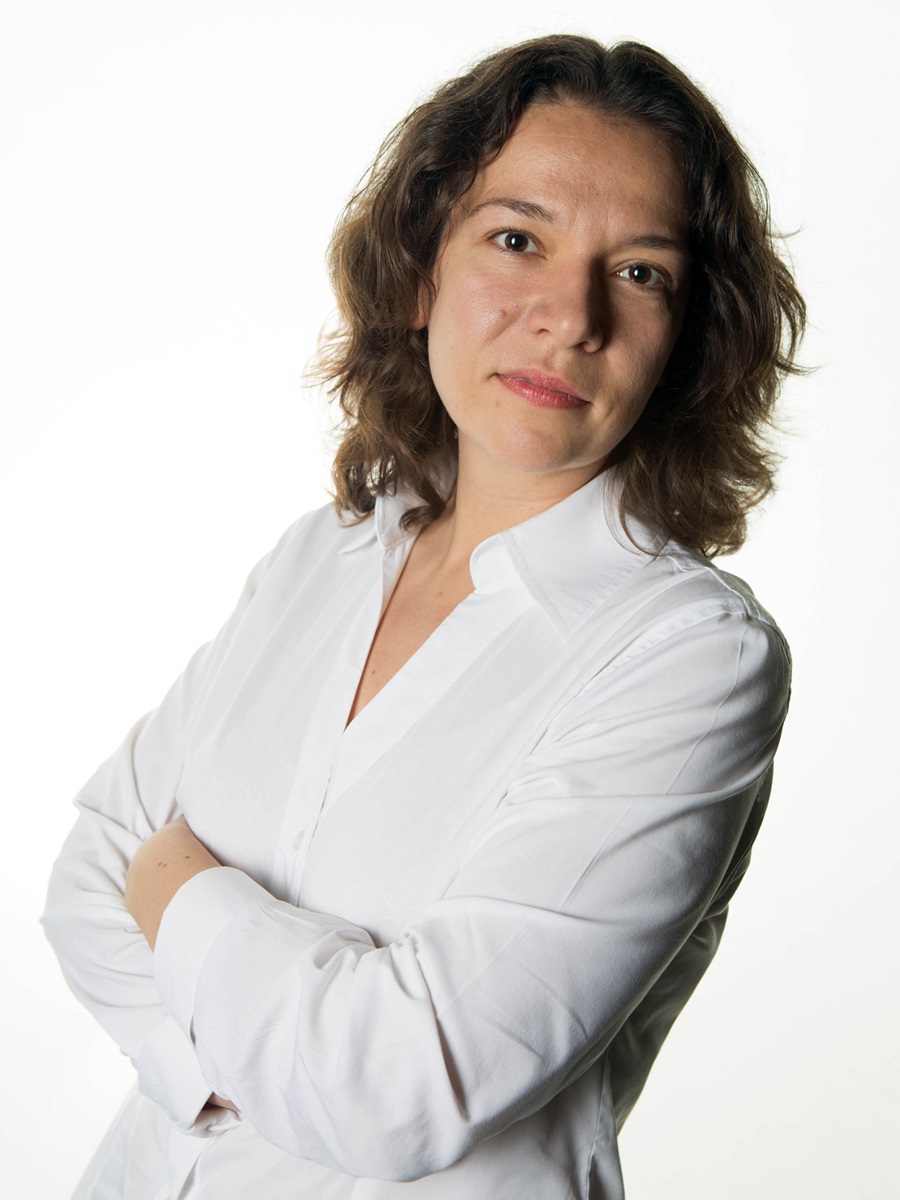Call for Papers
6th Biennial AWSS Conference: Women, Gender, and Revolution in Slavic Studies
Thursday, April 10, 2014
Ritz-Carlton Hotel, Atlanta, GA
Proposal Deadline: December 15
The Association for Women in Slavic Studies (AWSS) is soliciting paper presentations on the theme of “Women, Gender, and Revolution in Slavic Studies” for its 6th Biennial Conference to be held on Thursday, April 10, 2014 at the Ritz-Carlton Hotel in Atlanta, GA. The conference will be held in conjunction with the 52nd Annual Meeting of the Southern Conference on Slavic Studies (SCSS), which opens Thursday evening and runs through Saturday. Participants of the AWSS Conference are encouraged to attend and participate in the SCSS conference as well (a separate CFP will be issued for that conference). AWSS Conference participants are eligible to receive the SCSS rate for the hotel, $165.00/night.
The theme of women, gender, and revolution can be approached in a variety of ways. Most concretely, the these addressed the actions of men and women in political revolution, broadly conceived, including (but not limited to) events of 1848, 1905, and 1917, events leading up to the fall of Communism in Eastern Europe, and the post-Community transformations after 1989. The theme also invites the study of gendered representations of revolutionary events, and of significant transformation in gender roles at any time in Russia and East European History.
The keynote talk for the conference will be delivered by Janet Johnson, Associate Professor of Political Science and Women’s Studies at Brooklyn College, City University of New York. Dr. Johnson (PhD 2001, Indiana University-Bloomington) is an expert on gender, violence, and civil society in post-communist transitions in Eastern Europe. She has published and spoken widely on these subjects. Her talk at the conference will be on “Revolutionizing Gender Studies”: Though not everyone understands it, the study of women in Slavic Studies revolutionized gender studies by clarifying that change of regime–such as from communism to post-communism–radically alters gender. Russia’s recent move toward authoritarian should also make us re-think gender, this time by highlighting the role of informal networks, practices, and institutions. Gender-blind social scientists are claiming these notions as their own, even though they have been hidden there all along in gender studies, especially among those of us who study places outside of Western Europe and North America.
The conference organizers invite proposals from scholars at all stages in their careers and in any discipline of Slavic Studies (history, literature, linguistics, political science, sociology, anthropology, economics, gender studies, etc.). Proposals should consist of a 250-word abstract of the paper (including the paper’s title) and a brief one-page CV that includes author’s affiliation and contact information. Proposals are due by December 15 to Sharon Kowalsky, Associate Professor of History, Texas A&M University-Commerce, [email protected]. Participants will be notified of their acceptance approximately four weeks after the proposal deadline.
Any questions about the conference or the program should be directed to Sharon Kowalsky ([email protected]) or Karen Petrone ([email protected]).


